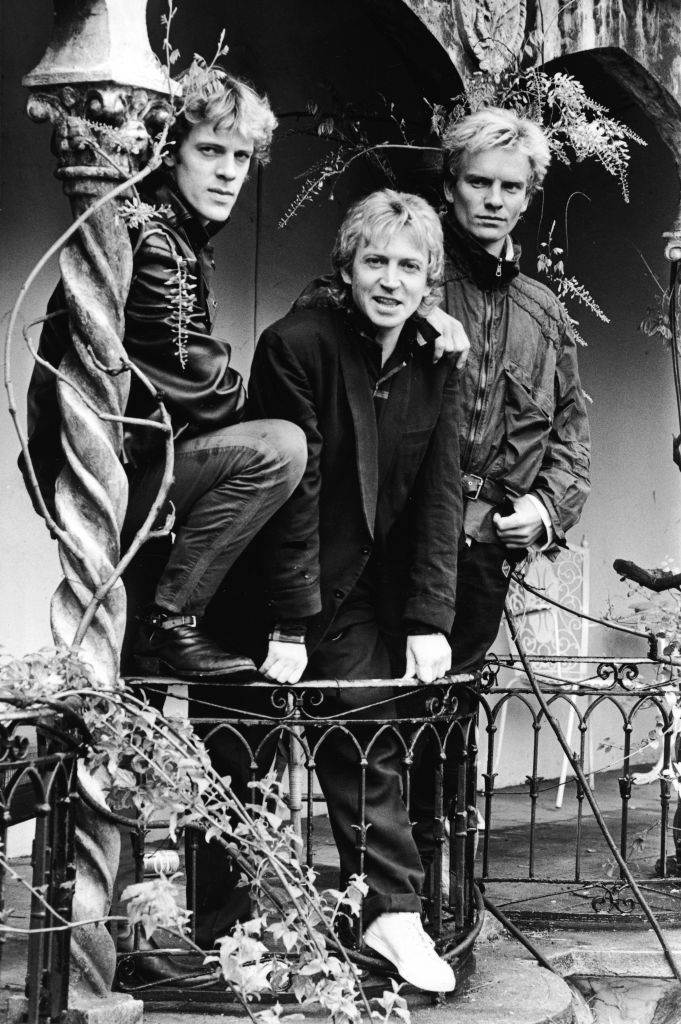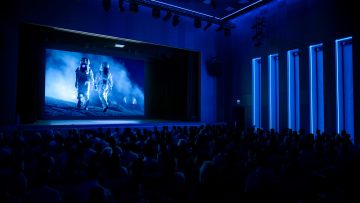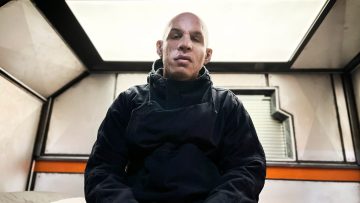Inflated egos and foul tempers, a heady concoction often at the centre of most high-profile band break-ups. The Police were no different, officially calling it a day in 1986 after achieving astronomical success in a relatively short space of time, a stint which was littered with tension and tantrums that frequently reached boiling point.
Six years after forming in 1977, their fifth studio album Synchronicity secured The Police’s status as ‘the world’s biggest rock band’. But the wheels were coming off long before Sting, Andy Summers, and Stewart Copeland reached their commercial peak.
Threatening to break up every other week, their personal toils played out like a soap opera. Where some bands might have kept arguments behind closed doors, The Police went public with their problems. Back-handed jokes would lead to backhanders in the studio and even during interviews.
On stage, they kept it together, performing to thousands of adoring fans each night, right up until the Synchronicity tour was completed in Melbourne on 4th March 1984. But in every other instance, the band’s relationships were fractured.
In 1983, three years before they broke up – though it was the beginning of a three-year hiatus – drummer Stewart Copeland admitted to Musician magazine: “After five formative years and five albums, you grow apart. Now, the only thing that the three of us have in common is onstage and on that album. That’s the only place we achieve synchronicity.”
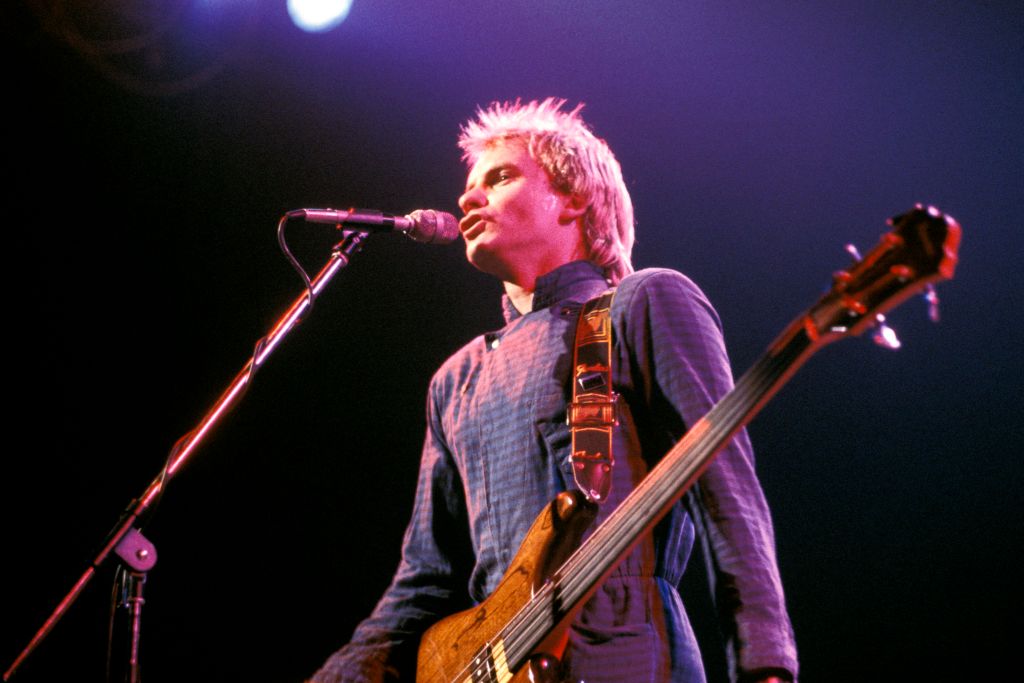
This combustible energy was their secret weapon, often propelling them to produce great music. According to Andy Summers’ 2007 memoir One Train Later, he wrote: “We continue playing tricks on one another, trying to fuck each other up. Sometimes these antics work and add more edge to the playing.” Ultimately, it led to their downfall, though in retrospect, they never seemed to be the kind of venture to keep flogging their greatest hits for decades on end.
READ MORE: ★★★☆☆ Sting at the Palladium Review: For Fans Who Love Sting (as Much as he Loves Himself)
The recording of Synchronicity was dogged with in-fighting, leading to each member laying down their parts in different rooms and overdubbing in the studio separately. Some words of wisdom from The Beatles’ legendary producer, George Martin, encouraged them to keep plugging away, though, in the long run, The Police were never going to exist once they’d reached a certain point. And that point was playing at Shea Stadium in 1983, where Sting felt it was the band’s “Everest”, deciding then to pursue a solo career.
Sting – the band’s singer and primary songwriter – saw his musical future elsewhere and no longer wanted to battle Summer and Copeland for space where he believed his songs were superior. In a 2022 interview with Mojo, he elaborated on his rationale for wanting out.
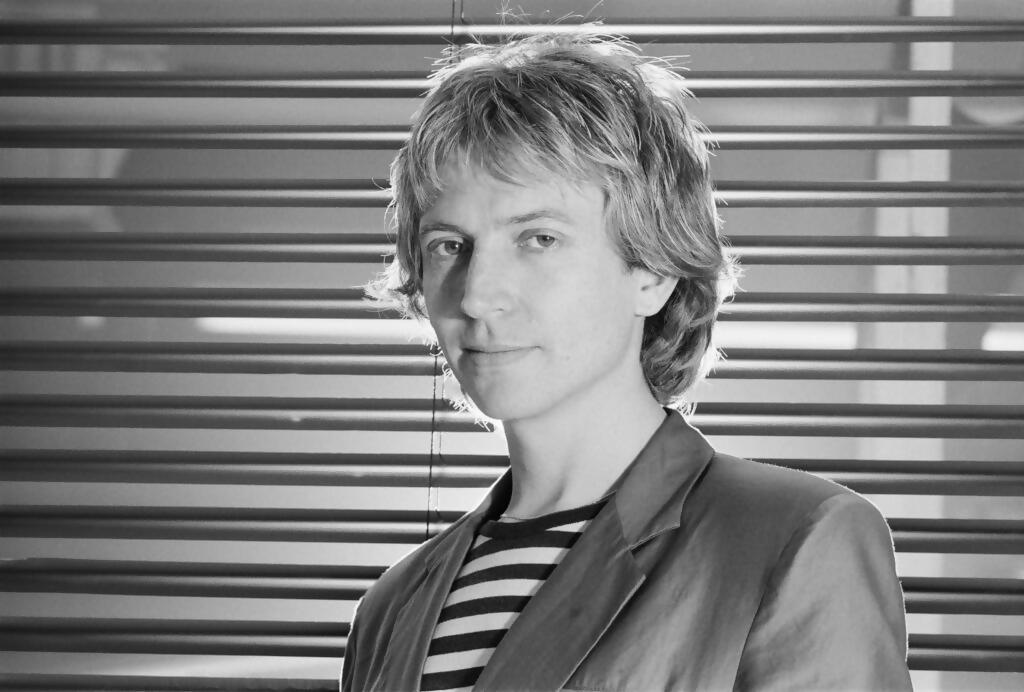
“My frustration was I would have written an album’s worth of material but also had to entertain these others songs that were not as good. Explaining to someone why their song isn’t working is a bit like saying their girlfriend’s ugly. It’s a very personal thing,” he explained in a typically back-handed way. “That pain was something I didn’t want to go through any more.”
Sting went on to further critical and commercial success during his largely humourless, jazz-indebted solo career, getting the opportunity to “evolve” and pursue his first love. But his time in The Police was far from over.
The trio performed three one-off concerts for Amnesty International in 1986, with the intention of reuniting in the studio for a new album, though plans were put on ice as they immediately snapped back into their bickering ways. Meeting each other via the punk club circuits during the late 1970s, Sting, Summers, and Copeland didn’t know each other outside of their professional beginnings, so they weren’t as indebted to one another in ways lifelong friends would be. The Police were officially over for the next two decades.
After a handful of half-hearted reunions, including at Sting’s wedding to Trudie Styler, they finally fully reunited in 2007 for a one-off global tour, which became the third highest-grossing tour of all time at that point.
“I don’t think any grown man can be in a band, actually,” Sting told Mojo. “A band is a teenage gang. Who wants to be in a teenage gang when you’re knocking seventy? It doesn’t allow you to evolve.” It can be rather lucrative to bury the hatchet, though, as The Police proved.
Keep up to date with the best in UK music by following us on Instagram: @whynowworld and on Twitter/X: @whynowworld

